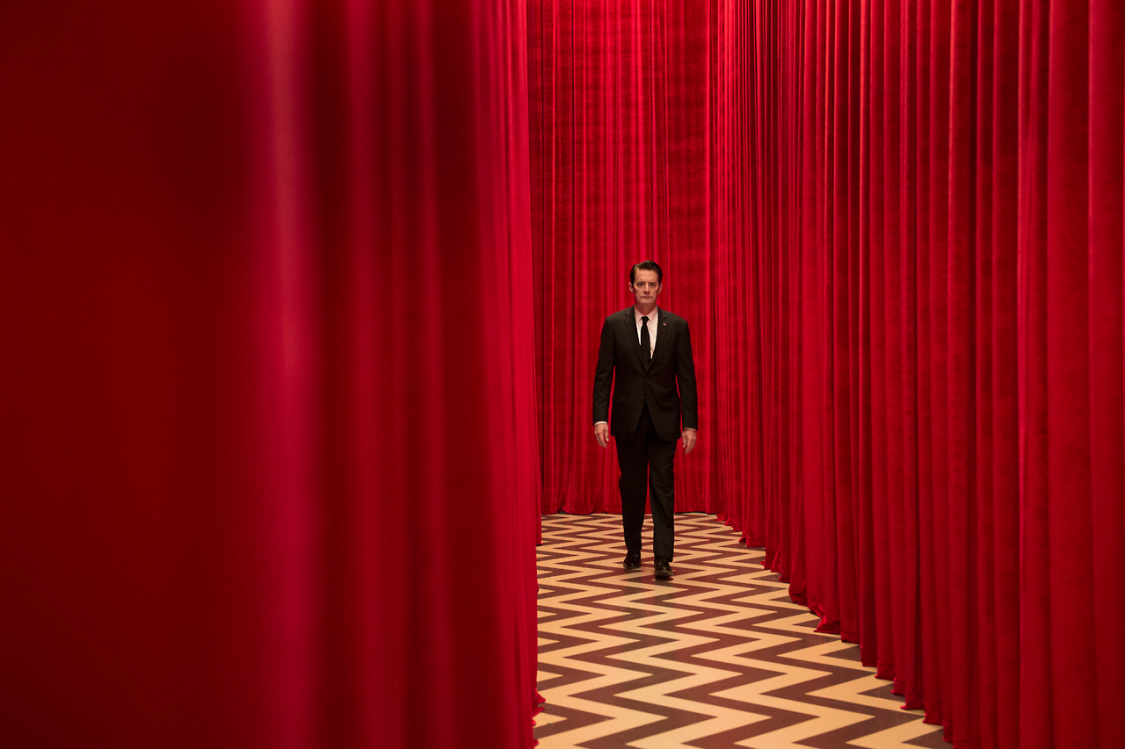David Lynch's Twin Peaks Season 3, Episode 1
David Lynch is one of my favorite filmmakers still at work. And though I would not call myself die hard about Twin Peaks, I am a fan of both the first two seasons and the film. So when Season 3 started, more than 25 years later, I had high hopes for it. For it and Lynch who had also been away from screens for more than a decade, since Inland Empire. When Episode 1 began last night, at first I thought "it looks strange". First, it was the images, most likely video rather than the film of the first two seasons. Then, it was the actors from the first two seasons, all weathered by time (25 years!) looking like the way Hollywood ages actors in a biopic or an epic but psychologically to an even different effect because this is actually how all of the actors look now. I have no idea how this trip will end but when the two hour premiere ended last night, I felt once again Lynch's special talent and that he had succeeded in tackling the nearly impossible. He had revisited a much beloved property 25 years later and gotten back inside its rhythm. In a way, I feel like I am about to re-experience the way El Dorado and Rio Lobo played off of Rio Bravo, but this time Lynch-style.
Eric Rohmer's The Marquise of O
The first period piece I have seen from Rohmer and it is a stunner. What impresses most is the way that Rohmer uses his incredible talent for distillation to tell a story of transcendence and humanism in the unexpected backdrop of the late 1700s. Rohmer proves that he learned much from Rossellini and the effects he is able to achieve do not feel terribly far removed from Rossellini's great La prise de pouvoir de Louis XIV.
Robert Culp's Hickey & Boggs
It feels like a more sensitive Walter Hill film with pretty good Hill-esque set pieces and that buddy thing that Hill really excelled at. Cosby certainly proves he could have been a strong dramatic movie actor if he continued on that path and Culp makes some very interesting choices that add a moral and emotional weight to what could have been shallow genre fare.
Bruce Robinson's Withnail & I
It is a cult film that has buzzed around me for years but for some reason I am just now seeing it. It features deep, committed performances and an explosive feel and timing for language. Robinson may not have a highly identifiable style but this film feels like it must have been a key film for the musical New Wave practitioners and for Boyle's zeitgeist catching Trainspotting a decade later.






